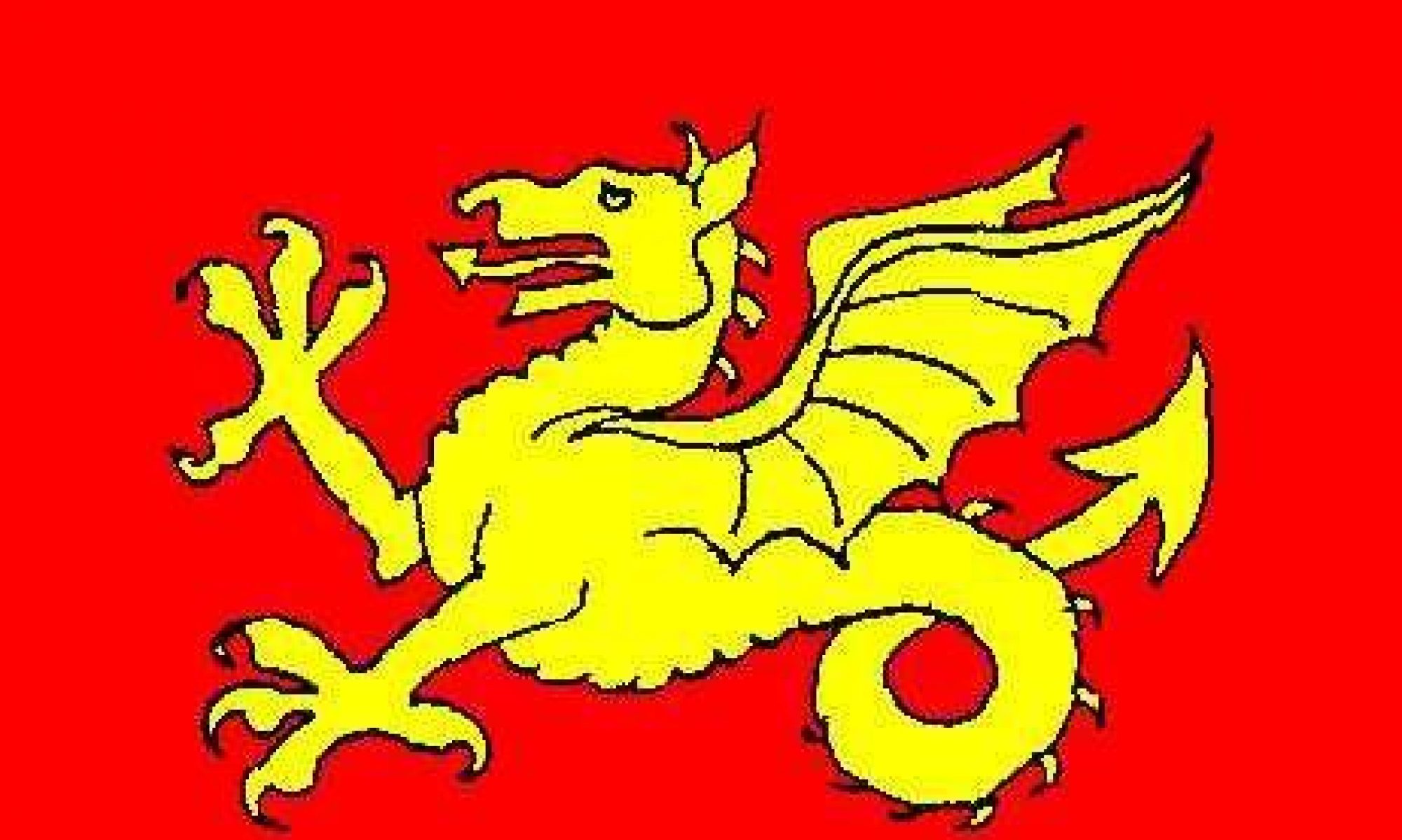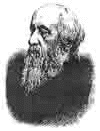The following review originally appeared in the Wessex Chronicle volume 2, issue 2 (Summer 2000)
THE REBIRTH OF ENGLAND AND ENGLISH by Fr. Andrew Phillips
(Published by Anglo-Saxon Books price £9.95 ISBN 1-898281-17-3)
Subtitled The Vision Of William Barnes, this masterly study does not concentrate so much on Barnes’s poetry, which has already been covered in numerous other books, as on his philosophy of life. Actually, “philosophy” is probably the wrong word, due to its Greek origin, but more on this anon.
The book is divided into two parts. Part one, The Rebirth Of England, starts with a brief biography of Barnes, and follows it with six chapters, each dealing with a different aspect of Barnes’s outlook. The chapters are: Religion; Nature and Art; Marriage; Society; Economics and Politics.
In truth, these views are not so easily compartmentalised, and there is considerable overlap between the chapters. Also, the heading of chapter 4, “Marriage”, is rather too narrow, as it really deals with the whole vexed question of the relations between the sexes. Barnes was no feminist, but neither was he a male chauvinist pig, believing that women should be second-class citizens, even though he lived in an age when they were widely regarded as such.
Part two, The Rebirth Of English, concerns Barnes’s efforts to “purify and fix” the English language by coming up with native English equivalents for foreign loan-words. More importantly for us, he wrote poems in his native Dorset dialect, which he argued was the language of Wessex. He was something of a mentor to Thomas Hardy, and the book tells us that “Hardy…got his idea of ‘Wessex’ directly from Barnes” (we would of course dispute that Wessex was Hardy’s idea!).
Phillips is keen to point out that the desire for “pure” English was not motivated by xenophobia, but by a love of plain speech. According to Barnes, his native English words were more comprehensible to Wessex folk and other Englishmen than their Latinate equivalents. This was not always the case, though, and some of his words were longer than their Standard English equivalents. Who but the most rabid nationalist would use “push-wainling” instead of “pram”, for example?
Father Andrew also ventures his own Barnesian equivalents to more modern words, such as “upthinker” for computer and “farspeaker” for telephone. But the real selling point of the book is that it gathers together for the first time all Barnes’s pure English words from the variety of works in which they were originally scattered. These include original words coined by Barnes (some of which have passed into common parlance, such as “folklore” and “foreword”) as well as plain English substitutions for words derived from Latin or French (eg “spyglass” for telescope). This makes for fascinating reading, and the effect is quite infectious.
Whilst I would have liked to see more on Barnes’s dialect works, this book does illustrate that Wessex dialect was the standard form of Old English, and that Wessex English is perhaps the purest form of English there is. The sneers of the metropolitan elite are historical in origin, reflecting the Normans’ contempt for their conquered English subjects. Wessex people have no cause to be afraid of the way we speak. As this book puts it, “BBC English, the English of the upper class, is merely a Norman accent, that of invaders who could not speak English properly and then, ironically, passed on their accent to succeeding generations as a status symbol, the sign of their superiority and prestige over the English peasantry”. Well, quite.

